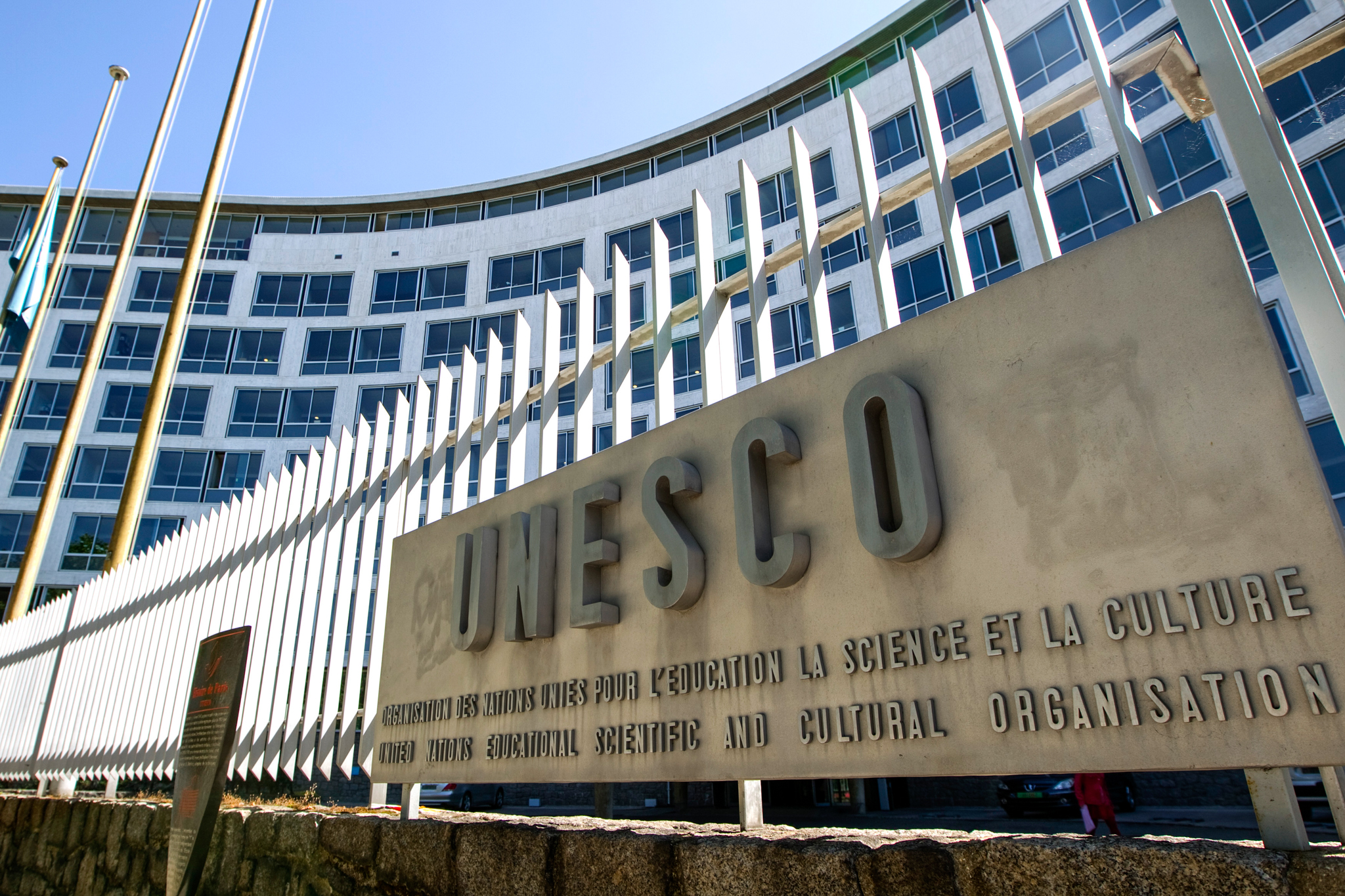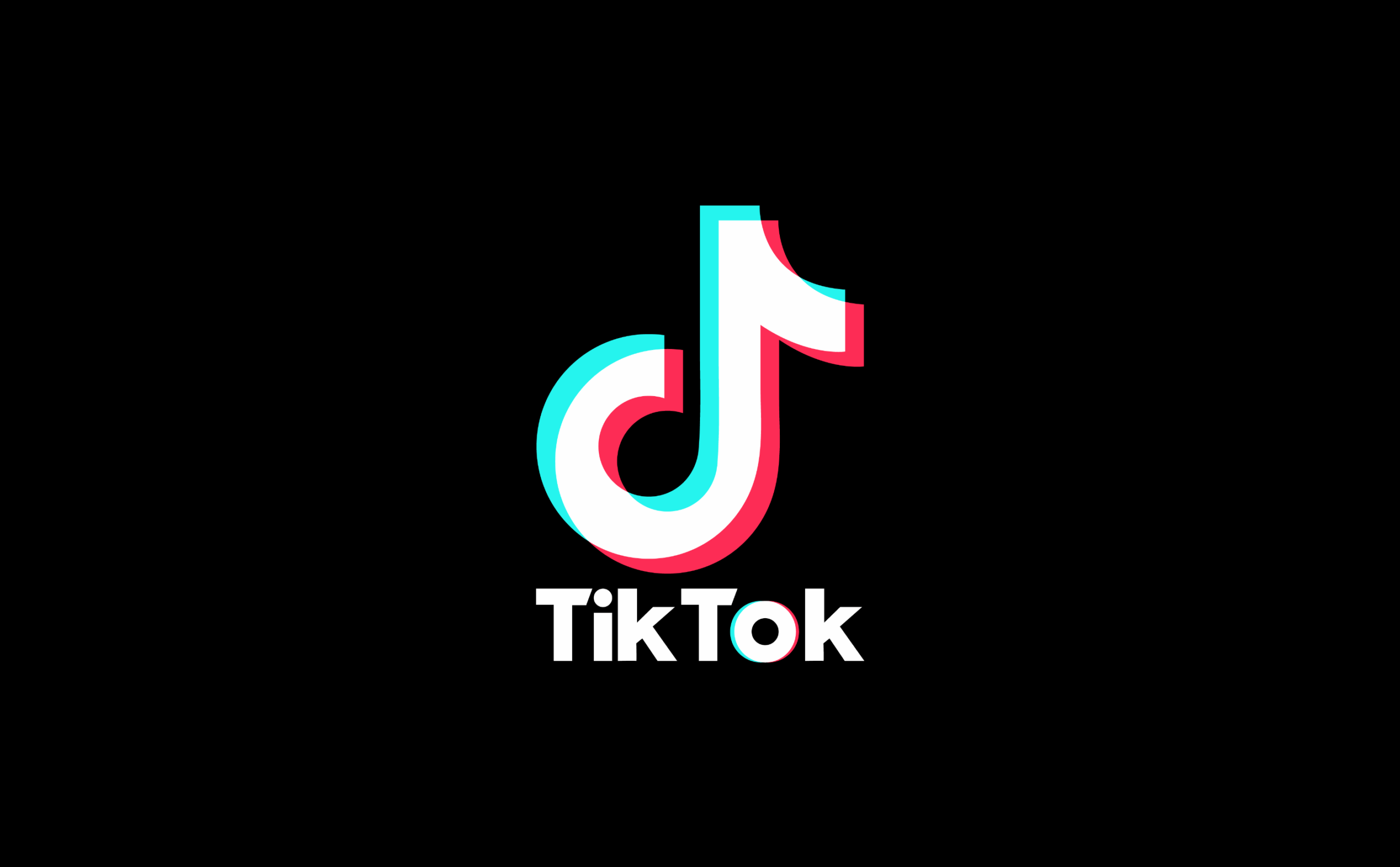A comprehensive review of “AI and the Future of Education: Disruptions, Dilemmas, and Directions” — UNESCO’s latest attempt to navigate the promise and peril of artificial intelligence in learning
Published September 2025
UNESCO has released its most ambitious examination yet of artificial intelligence’s transformative impact on education, presenting a collection of 21 think pieces that challenge conventional wisdom while highlighting the growing digital divide that threatens to reshape learning unequally across the globe.
The Great Educational Divide
The publication, titled “AI and the Future of Education: Disruptions, Dilemmas, and Directions,” opens with a stark reality check: while AI promises to revolutionize education, one-third of humanity remains offline, access to the most cutting-edge AI models is reserved for those with subscriptions, infrastructure and linguistic advantage.
This digital inequality forms the central tension of UNESCO’s latest work, which argues that AI’s educational impact cannot be separated from questions of global equity and access. The report suggests that without deliberate intervention, AI could exacerbate existing educational disparities rather than bridge them.
Beyond Hype: A Call for Critical Examination
Unlike previous UNESCO publications that have focused primarily on policy frameworks and implementation guidelines, this anthology takes a more philosophical approach. The organization has assembled what it calls “global thinkers, leaders and changemakers” to explore the deeper implications of AI integration in educational systems worldwide.
The publication deliberately avoids offering simple solutions, instead challenging assumptions, surfacing frictions, provoking contestation, and sparking audacious new visions for equitable human-machine co-creation. This approach marks a significant shift from UNESCO’s traditionally prescriptive guidance documents toward a more collaborative, dialogue-focused methodology.
Reimagining Assessment and Pedagogy
One of the report’s most provocative themes involves what UNESCO describes as “dismantling outdated assessment systems.” The publication suggests that traditional evaluation methods are becoming increasingly obsolete in an AI-enhanced educational landscape, though it stops short of providing concrete alternatives.
The anthology also explores what it terms “cultivating an ethics of care” — a framework that positions human relationships and emotional intelligence as central to AI-augmented learning environments. This represents a notable counterpoint to more technocratic approaches to educational AI integration.
Building a Global Commons for AI Education
Perhaps most significantly, UNESCO positions this publication as the foundation for what it calls a global commons for dialogue – a shared space to think together, debate across differences, and reimagine inclusive education in the age of AI.
This concept builds upon UNESCO’s previous AI-focused publications, including its Recommendation on the Ethics of AI, Guidance on Generative AI in Education and Research, and recently released competency frameworks for both teachers and students. The organization appears to be constructing a comprehensive ecosystem of AI education governance, with this anthology serving as its philosophical cornerstone.
Critical Questions and Missing Answers
While the publication succeeds in raising important questions about AI’s educational impact, it leaves several critical areas underexplored. The anthology’s focus on philosophical inquiry, while valuable, provides limited practical guidance for educators and policymakers grappling with immediate AI implementation challenges.
The report’s emphasis on global dialogue, though admirable, raises questions about how such conversations will translate into actionable policies in diverse educational contexts. The publication also lacks substantive discussion of economic models for ensuring equitable AI access in education — a glaring omission given its emphasis on digital inequality.
Timing and Context
The publication’s release during UNESCO’s Digital Learning Week reflects the organization’s growing recognition of AI as a defining force in education. The report argues that AI adoption in schools and universities is not inevitable but should be guided by deliberate choices, positioning UNESCO as a counterweight to more deterministic approaches to educational technology.
This timing is particularly significant as educational institutions worldwide grapple with rapid AI advancement, with two-thirds of higher education institutions having or developing guidance on AI use, according to recent UNESCO surveys.
Looking Forward: Promise and Limitations
UNESCO’s latest publication represents both an evolution and a limitation in the organization’s approach to AI in education. Its philosophical depth and global perspective offer valuable insights into the broader implications of AI integration, while its emphasis on equity and inclusion addresses critical blind spots in much of the current AI education discourse.
However, the anthology’s theoretical orientation may limit its immediate impact on practitioners seeking concrete guidance. The tension between UNESCO’s aspirational vision of global dialogue and the practical realities of implementing AI in diverse educational contexts remains unresolved.
As artificial intelligence continues to reshape educational landscapes worldwide, UNESCO’s call for deliberate, equitable, and inclusive approaches offers a necessary counterpoint to purely market-driven or technologically deterministic narratives. Whether this philosophical foundation can translate into meaningful change will depend largely on the organization’s ability to bridge the gap between contemplation and implementation.
The publication ultimately serves as both a mirror and a map — reflecting current anxieties about AI’s educational impact while attempting to chart a course toward more equitable futures. In a field often dominated by technical specifications and policy prescriptions, UNESCO’s emphasis on values, dialogue, and collective sense-making represents a valuable, if incomplete, contribution to the ongoing conversation about AI’s role in education.
The full UNESCO publication is available through the organization’s digital library and builds upon its ongoing AI in Education initiative launched in 2021.




